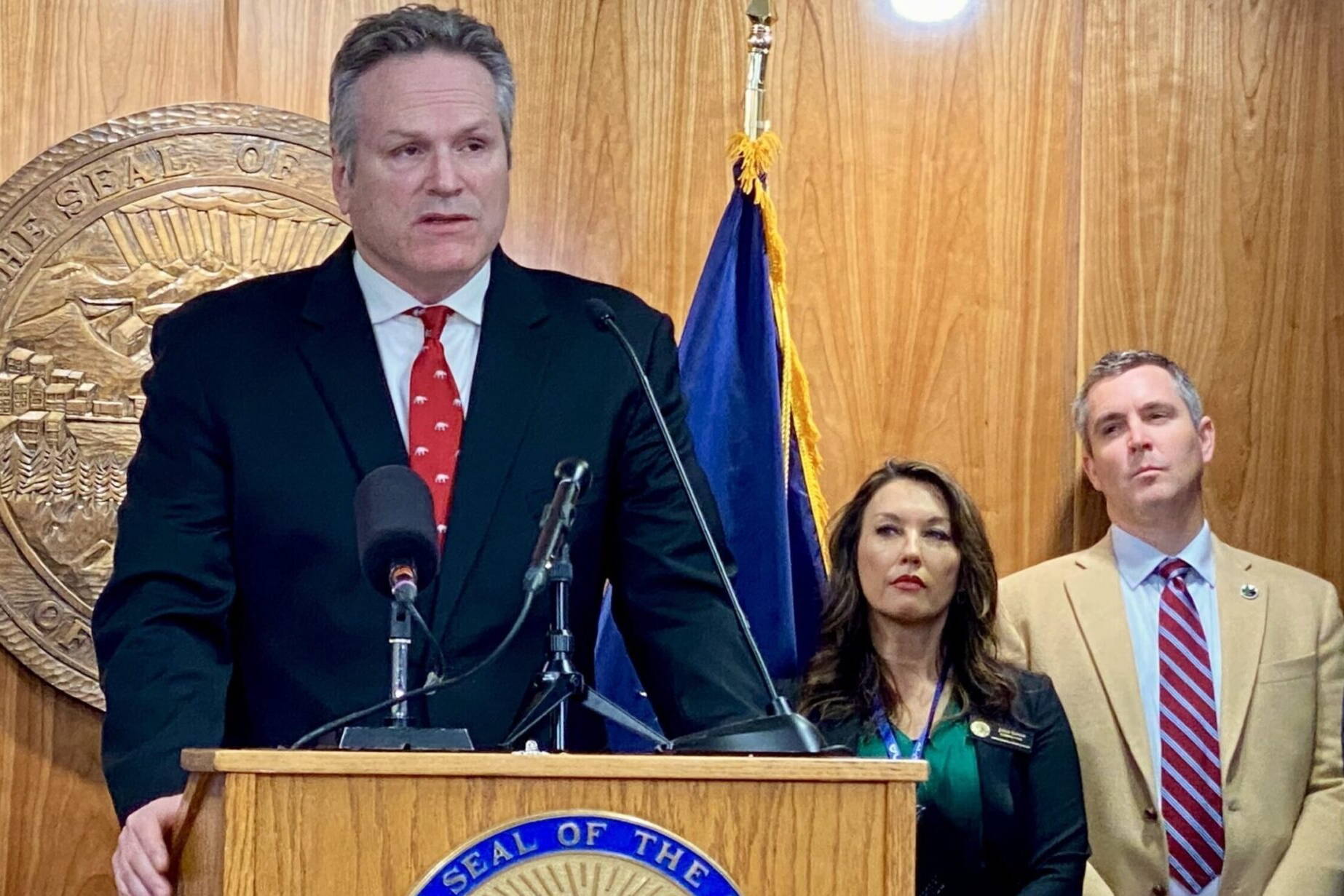The Dunleavy administration’s proposal to address a crisis of affordability in Alaska is to offer a tax credit to businesses that pitch in to reduce the cost of living in certain categories.
The Alaska Affordability Act, now Senate Bill 237, would allow businesses to claim up to a 50% tax reduction on eligible expenditures related to child care, energy, housing development and food security. His administration identified those as the greatest expenses for most households.
Gov. Mike Dunleavy has said that the cost of living in Alaska is among the highest in the nation and he would like to turn that around.
“The private sector is far more equipped to solve these challenges than the government,” the governor said in a statement. “The Alaska Affordability Act will be a catalyst that sets in motion voluntary development by the private sector that will make Alaska an even better place to live and raise a family.”
The corporate investment in making Alaska affordable would be voluntary, so the policy depends on businesses choosing to take advantage of the tax credits.
The legislation is modeled on the state’s existing system of education tax credits, which allow companies to benefit from donations to support academics and vocational training in the state.
In 2021, companies received $3 million in tax credits, according to state data, reflecting about $5 million in donations. The program has put nearly $100 million into education since 2011.
Last year, the state collected less than $500 million in corporate income taxes, so the state’s revenue analysis shows that the reduction to 2025 tax revenue would not be more than $238 million. Companies would only save that much on taxes if they donated $470 million under as-yet-unwritten rules governing the new tax credit programs.
The deductions would not go into effect until 2026, so corporations would be able claim deductions on their 2025 tax dollars.
• Claire Stremple is a reporter based in Juneau who got her start in public radio at KHNS in Haines, and then on the health and environment beat at KTOO in Juneau. James Brooks contributed reporting to this brief. This article originally appeared online at alaskabeacon.com. Alaska Beacon, an affiliate of States Newsroom, is an independent, nonpartisan news organization focused on connecting Alaskans to their state government.

